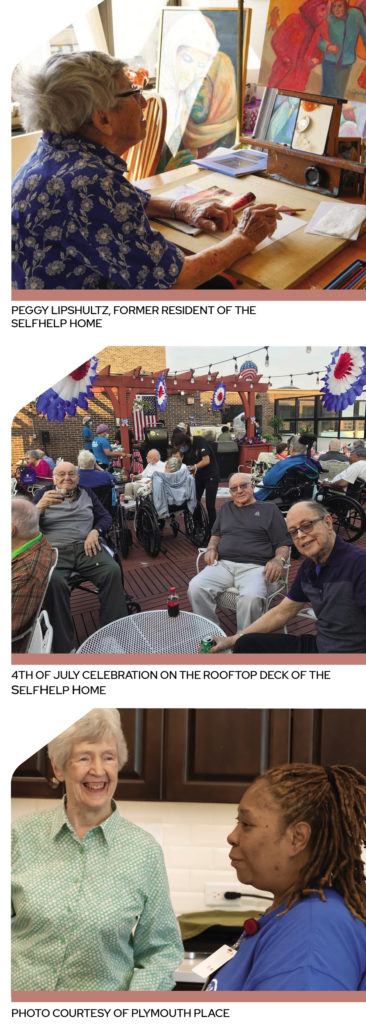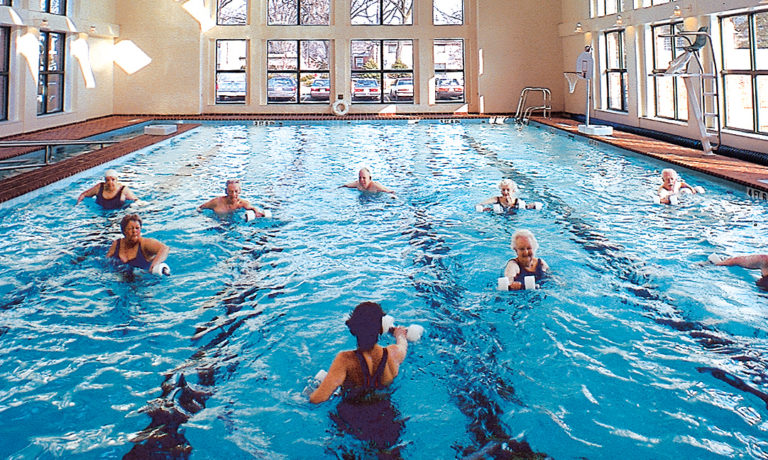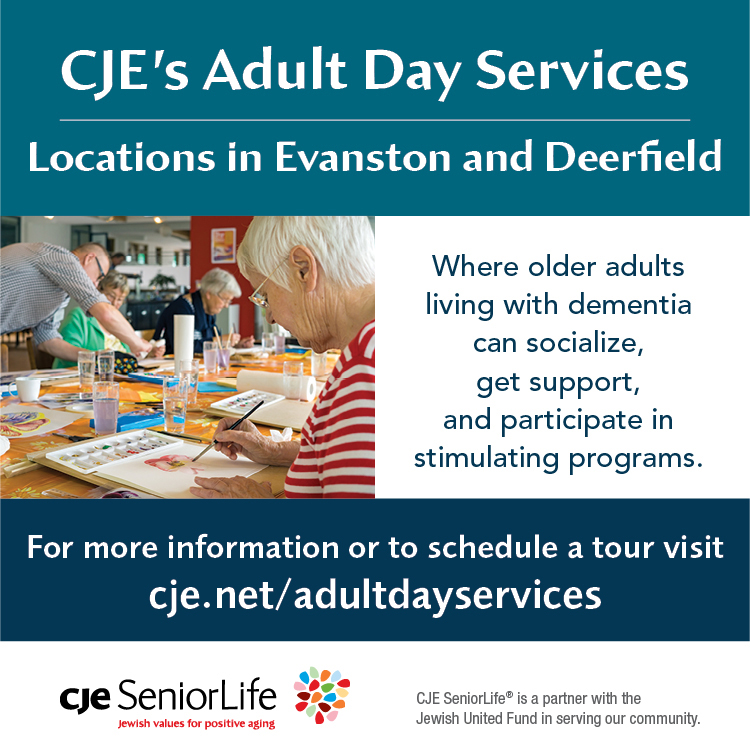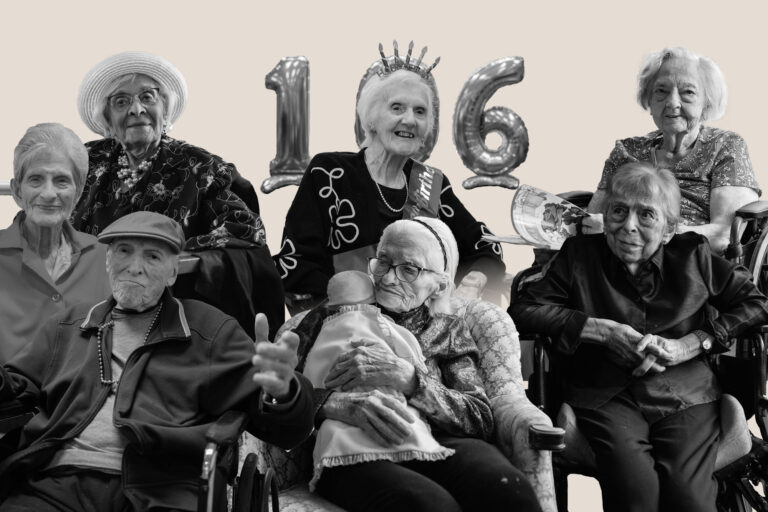
Annemarie is an experienced journalist who has covered health and wellness for major newspapers, magazines and associations.
Short-term care offers assistance and a taste of senior living
Above photo: A class in the pool at Westminster Place in Evanston
When 84-year-old Shirley Ratcliff recently moved from Missouri to Chicago, her health was precarious. She lives with pulmonary fibrosis, relies on oxygen, and was recovering from pneumonia.
After staying for a few weeks with her son in his apartment in Chicago’s Lakeview neighborhood, she realized she needed more care to enable her to become stronger.
Respite care in a senior living community can provide a short period of relief when an individual needs more time to heal from an injury, illness, or hospitalization — or even when a caregiver goes on vacation or needs a break. For someone who’s been discharged from the hospital or rehab, respite care offers a chance to improve their health until they’re ready to go home.
For Shirley Ratcliff, respite has turned into a decision to stay permanently at Westminster Place, a senior living community in Evanston that provides independent living, assisted living, memory care, skilled nursing, rehab, and respite care.
Her son, Gregory Ratcliff, says it didn’t take his mother long to decide that she would make the senior community her permanent home. From a small town in Missouri, his mother hadn’t felt comfortable amid the hustle and bustle of Chicago. She knew she needed more care, and during her respite stay at Westminster Place, she realized it would be a good fit.
“We showed her Evanston and the more suburban environment, and she liked it,” he says. “She was there a week when she decided to stay.”
 Trial opportunity
Trial opportunity
Shirley Ratcliff is hardly alone in deciding to reside permanently at a senior living community after trying it out during a respite stay.
“When we have someone come for a respite stay, I’d say 75% of the time it turnsinto them or their family making the deci-sion for them to stay permanently,” says Kate Curran, senior director of marketing and communications at Plymouth Place Senior Living in LaGrange Park, which offers a continuum of care.
Senior living communities often require a respite stay of at least two weeks or 30 days. A short stay of only a few days may not work for the individual or the community.
“By the time we get to know your loved one, get ourselves organized around their arrival, welcome them into the community properly, and they start to settle in, we’d need to send them home,” says Bob Werdan, vice president of marketing and sales for Presbyterian Homes, which operates Westminster Place and other senior living communities.
“There is a lot of upfront work that goes into it,” Werdan adds. “It’s not like checking into a hotel.”
Making a change
A common reason people seek respite stays is when Medicare or their insurance no longer covers their hospitalization or rehabilitation, but they don’t feel ready to go home on their own yet, says Efrat Dallal, chief marketing officer at The Selfhelp Home, a retirement community in Chicago with a full continuum of care.
Dallal says Selfhelp needs 24 to 48 hours to arrange a respite stay. To provide the appropriate level of care, the staff may need to complete a physical assessment or get a doctor’s order or medical records.
Senior communities often charge a lower fee for respite stays than for full- time residents. At Selfhelp, the respite charges range from about $200 to $375 a day, depending on the level of care. Dallal says those fees are competitive with similar communities in the Chicago area.
The decision to move into a senior community can be difficult for both the individual and their family members.
“Making a change is hard no matter what,” Dallal says. “It’s very hard to leave your home or leave the care of a family member.”
Staff members try to make temporary residents feel at home during respite stays. Some senior communities may enlist other residents to help out. “The resident-ambassador helps them get acclimated to the home and introduces them to people,” Dallal says. “They may talk to them about what activities they enjoy or talk to them about what the home offers.”
Selfhelp provides a family support group, which is open to family members of individuals in respite care, to ease the transition.
“It helps them understand the changes their family member is going through,” Dallal says. “And it helps them meet other families who are dealing with feelings of loss or guilt.”
Having assistance with care and the tasks of daily living can help older adults — as well as their family members — feel better. Gregory Ratcliff says knowing his mother is receiving good care has given them both peace of mind.
“She’s receiving well-balanced meals,” he says. “She’s receiving her medication on time. She’s being cared for, and she’s becoming a new person. She told me, ‘Honey, I feel like I am waking up.’”








